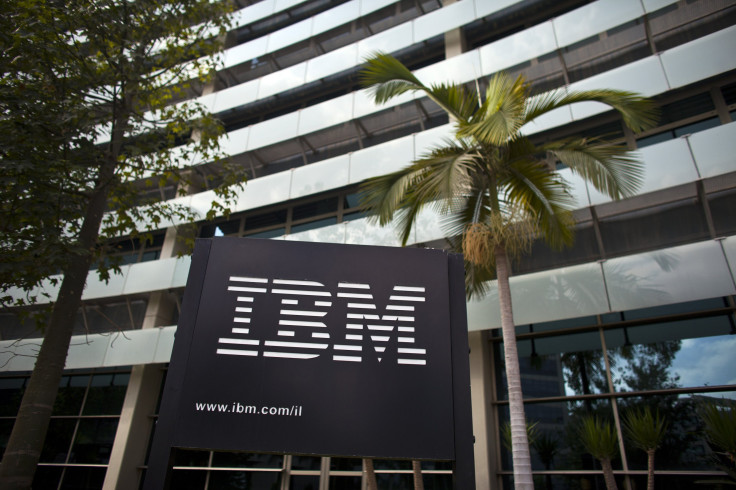IBM To Launch Verse, A Less Annoying Email System

IBM is set to launch a cloud-based email service that’s designed to take some of the clutter out of business communications, while consumers can get their hands on a freemium version. The system, called Verse, pulls together and organizes messages from a number of sources, including email, social updates, instant messaging and calendars.
Verse will be generally available at the end of March for the PC, as well as for Android and Apple iOS mobile devices. IBM also is mulling a version for Microsoft Windows Phone, company executives said.
Verse is IBM’s effort to produce an email product that is intuitive to use and helps workers prioritize communications. Kramer Reeves, director for messaging and collaboration solutions at IBM, estimates that employees lose about an hour a day sifting through emails. “It’s a real pain point for organizations,” said Reeves.
With Verse, IBM is leveraging previous investments in artificial intelligence, analytics and social media in an attempt to build a smarter email platform. It also uses some core technologies from its former Lotus suite of email and messaging tools. Verse initially will be offered only from the cloud, but IBM is planning an on-premises version to launch later on, according to Reeves.
Algorithms will sort through incoming messages, and move the highest-priority emails to the top. “This way you’re not going to miss a message from the boss,” said Reeves.
Verse offers a one-click path to any individual, group or topic in a user’s email folder. It also gives an organizational view of correspondents, access to shared documents, and, taking a page from Facebook, the ability to mute threads that are no longer of interest.
The point of it all is to make email less of a frustrating time sink. IBM cites industry research that shows that 108 billion work-related emails are sent daily throughout the world, forcing employees to check their inboxes an average of 36 times per hour.
IBM sought input from more than 50 customers and partners in creating Verse. Beta testers include building materials giant Cemex, Colgate Palmolive and communications agency Havas.
The tech industry is pushing to create email systems that are less time-consuming, offer a range of collaboration features, and are easy to learn and use.
“There is strong increase in the adoption of full-featured cloud business suites which include a wide range of business collaboration services beyond email,” noted consulting firm Radicati Group, in a recent research report.
Google last year released Inbox, a service “that goes beyond email to help you get back to what matters.” And Microsoft, long familiar with complaints about Outlook’s inability to filter clutter, introduced Graph, which relies on machine learning to sort and prioritize users’ messages.
Radicati estimates the market for cloud-based business email systems will grow from $8.5 billion in 2015 to about $17 billion in 2018.
© Copyright IBTimes 2025. All rights reserved.





















